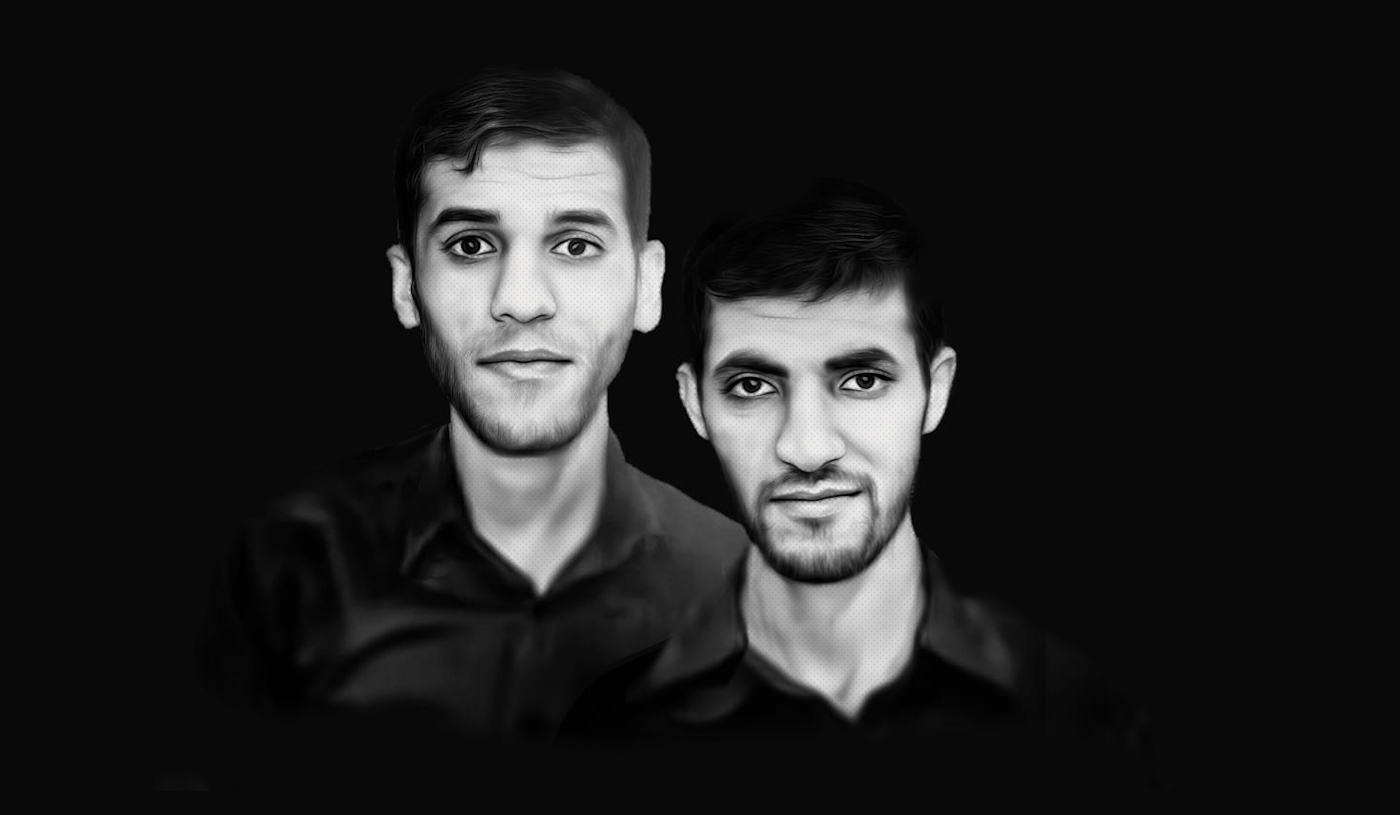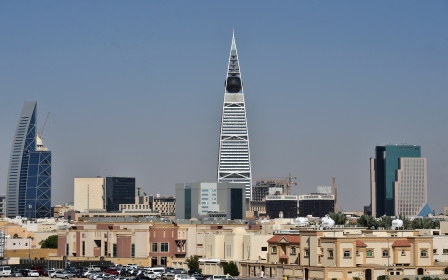UN warns Saudi Arabia execution of two Bahrainis could be 'arbitrary'

The United Nations has warned Saudi Arabia for the second time in six months that enforcing the death penalty on two Bahraini men who were allegedly tortured and forced to make confessions could constitute arbitrary execution.
In a June letter sent to Saudi Arabian authorities, the UN special rapporteur on extrajudicial, summary or arbitrary executions said the kingdom should halt "any possible steps towards the execution" of Jaafar Mohammad Sultan and Sadeq Majeed Thamer, who were convicted of terrorism-related charges which rights groups say were trumped up.
Instead, Saudi authorities should fully investigate allegations that the men, who are both Shia, were tortured "to ensure that they are re-tried in conformity with international law and standards", says the letter, which was only made public this week.
Riyadh has responded to the June letter but its response has not yet been made public. Middle East Eye has contacted the Saudi foreign ministry for comment.
Earlier this year, officials in Saudi Arabia's permanent mission to the UN told the special rapporteur that the allegations of torture are "entirely unfounded" and that the men "confessed of their own free will".
New MEE newsletter: Jerusalem Dispatch
Sign up to get the latest insights and analysis on Israel-Palestine, alongside Turkey Unpacked and other MEE newsletters
Sultan, 30, and Thamer, 32, were arrested in May 2015 by Saudi customs officials while crossing the King Fahd Causeway from Bahrain into Saudi Arabia.
Saudi authorities did not present a warrant or explain why the men were being arrested, and they were held in solitary confinement in the General Investigation Prison in Dammam for nearly four months, according to the Washington-based advocacy group Americans for Democracy and Human Rights in Bahrain (ADHRB).
Their families, meanwhile, consulted various Bahraini and Saudi authorities to find out what had happened to the men, without success, and only heard from them 115 days after their arrest, when they were allowed to call home, the ADHRB said.
Torture allegations
Sultan and Thamer have told their families, lawyers and a Saudi Arabian court that they were physically and psychologically tortured and coerced into making confessions, according to rights groups. The groups say the men were also denied access to lawyers until after their trial in Saudi Arabia began, and that their lawyers did not have access to all of the court documents.
They were tried in Bahrain, in absentia, and in Saudi Arabia on similar charges, which included establishing a terror cell and participating in demonstrations in Bahrain. In 2016 they were found guilty in a Bahraini court, sentenced to life imprisonment and stripped of their citizenship.
Salma Moussawi, ADHRB's head of legal advocacy and documentation, told Middle East Eye that after the Bahrain conviction, Saudi authorities added another charge of possession of explosive materials. "They added this charge, we believe, in order to be able to increase the severity of the judgment to a death penalty," she said.
ADHRB said the families do not know exactly what happened during the arrest or what the Saudi authorities really found, but that the organisation and the families "affirm that the claims of the Saudi authorities are false and the charges were upheld based on confessions coerced through torture".
In October 2021 the two men were found guilty in Saudi Arabia's Specialised Criminal Court and sentenced to death. The sentences were upheld this January by the Saudi Court of Appeal.
Repeat call for investigation
The June letter is the second time this year that the UN special rapporteur on extrajudicial, summary or arbitrary executions has called on Saudi Arabia to halt the men's execution, and investigate their allegations of torture and ill treatment.
In January, soon after the appeals court upheld their sentences, the same UN body sent a letter to Saudi authorities calling for an investigation into the torture allegations, saying it feared that the sentences "could be enforced at any time in the near future".
'Their fate is now in the hands of the Saudi king to end this blatant injustice'
- Sayed Ahmed Alwadaei, Bahrain Institute for Rights and Democracy
Saudi Arabia's permanent mission to the UN responded that the men's treatment had not violated international rights, treaties or norms, and that the information received by the special rapporteur was "inaccurate and comprises false allegations and assertions".
In its latest letter, the UN says the Saudi government's response had not indicated whether an investigation into the allegations of torture had been carried out.
"We respectfully remind the government that any allegation of torture must be followed by an impartial and thorough investigation by an independent body," the letter says.
The UN experts also called on Saudi Arabia to "consider establishing an official moratorium on all executions as a first step towards fully abolishing the death penalty in the country".
In March, the kingdom executed 81 men - including 41 from Saudi Arabia's Shia minority - in one day, an act which Lynn Maalouf, Amnesty International’s deputy regional director for the Middle East and North Africa, has said was "all the more chilling in light of Saudi Arabia's deeply flawed justice system".
Sayed Ahmed Alwadaei, director at the UK-based Bahrain Institute for Rights and Democracy, said that the call from the UN experts was a "crucial reminder" to Saudi Arabia.
"This exposes Saudi failures to conduct any investigation into horrifying claims about the torture these men were subjected to. Their fate is now in the hands of the Saudi king to end this blatant injustice," he said.
Middle East Eye delivers independent and unrivalled coverage and analysis of the Middle East, North Africa and beyond. To learn more about republishing this content and the associated fees, please fill out this form. More about MEE can be found here.




